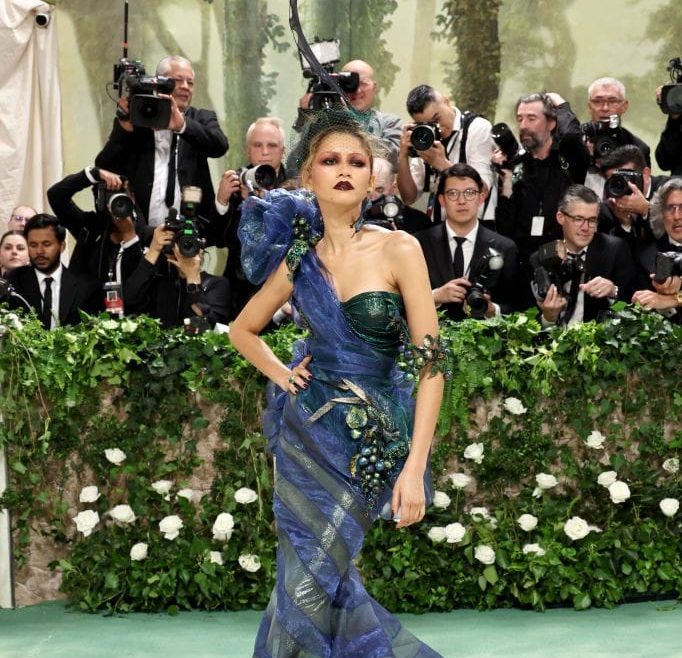We all know George Orwell. He wrote “1984,” right?
Well, that and much, much more. When he was not writing novels or covering wars, Orwell was churning out essays. Lots and lots of essays. Some of you may know “Shooting an Elephant” or “Politics and the English Language,” as they are often taught in high school. But when I first came across his work in a class last semester, I must admit I had no previous exposure to this side of the famous author’s work. Boy, had I been missing out.
I want to select two of his essays to recommend to you – to outline what they’re about and what you will get out of reading them.
Such, Such Were the Joys
This essay is like “Harry Potter” – except without any of the magic or happy moments. This is the story of the years Orwell spent in an elite boarding school in the north of England. Coming from a working-class background, the author uses his experiences to critique the British class system and the culture of the top-ranked primary schools. The result includes moments like this:
“I recall a conversation that must have taken place about a year before I left [the school]. A Russian boy, large and fair-haired, a year older than myself, was questioning me.
‘How much a year has your father got?’
I told him what I thought it was, adding a few hundreds to make it sound better. The Russian boy, neat in his habits, produced a pencil and a small note-book and made a calculation.
‘My father has over two hundred times as much money as yours,’ he announced with a sort of amused contempt.
That was in 1915. What happened to that money a couple of years later, I wonder?”
Biting, don’t you think? Orwell is not always so direct, but the point is that he presents an unvarnished view of a world that, to put it mildly, is frightening – especially when one considers that many of his classmates would go on to hold positions of power within the British government and abroad.
What we encounter first in this essay, though, is the easiness of Orwell’s style. His sentence structure is often simple and unpretentious, and I was surprised reading it for the first time how quickly I was able to make progress.
This is not to say that Orwell dumbs himself down, only that he has such a clear idea of what he is trying to say that he gets it across with an elegance unrivaled by many of his contemporaries, or many of our present essayists, for that matter. If only for that reason, he is a great introduction to the essay form.
Inside the Whale
What we have here is, to be reductive, a history of British literature during the first half of the 20th century. More precisely, it is a series of Orwell’s opinions on the matter. He calls poet A.E. Housman’s poems “hard cheese” and implies that novelist Evelyn Waugh converted to Catholicism for the “prestige.” He also manages to chart the troubling development of the British communist movement, as you do. Here, readers may recognize his critiques from his novella, “Animal Farm:”
“Every Communist is in fact liable at any moment to have to alter his most fundamental convictions, or leave the party. The unquestionable dogma of Monday may become the damnable heresy of Tuesday, and so on.”
But do not think for a moment that there is nothing new here. If anything, since he is writing expository prose rather than fiction, he offers a fuller and more nuanced presentation of those same themes and tracking them as they appear here proves pleasurable.
That should be enough to keep you occupied for a few weeks. These essays, along with several others, are all available from Harcourt in an edition entitled “A Collection of Essays.” All are worth a read.
Trent Babington can be reached at [email protected].




















